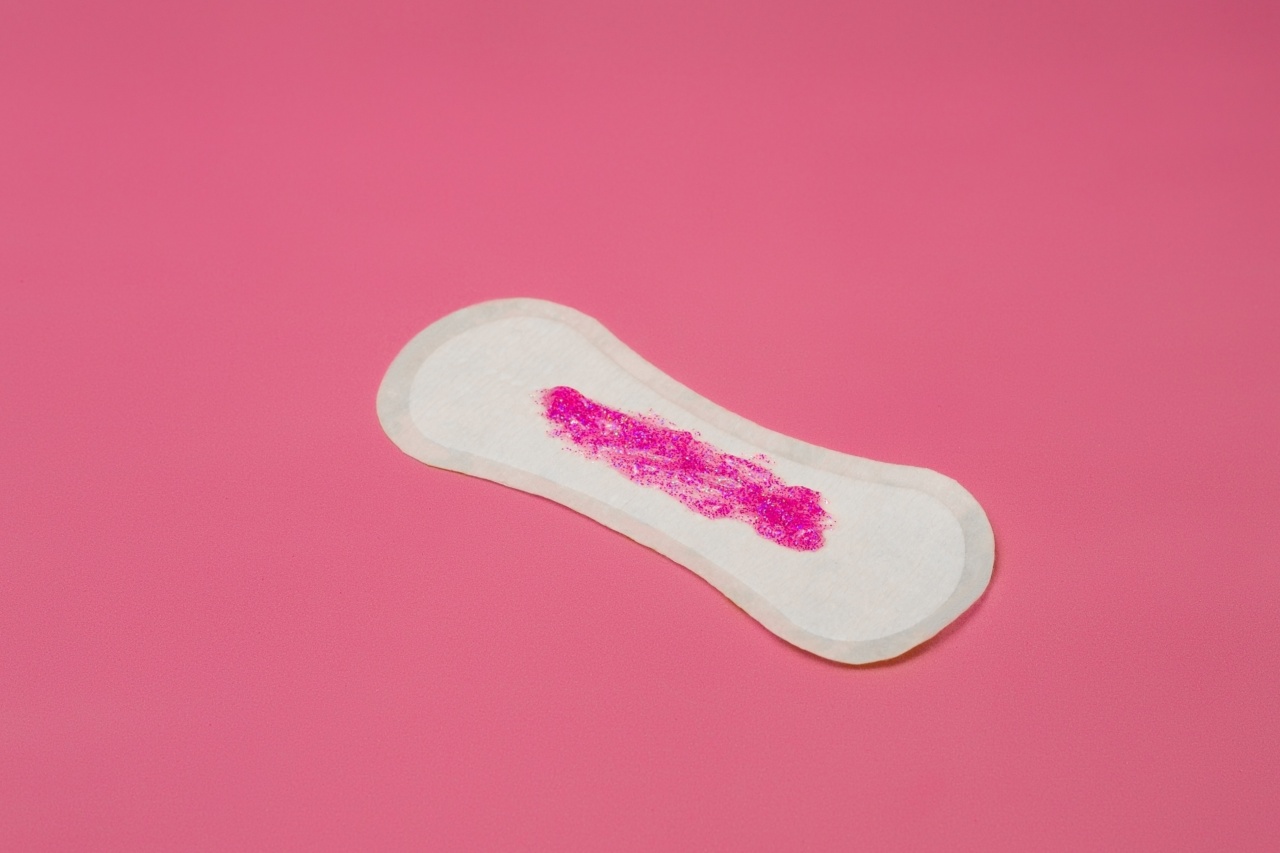Menstruation is a natural part of a woman’s monthly cycle. It signals the body’s ability to reproduce, and for many, is a monthly reminder of fertility.
Despite it being such a natural process, many women often observe the onset of their period with dread, as the days leading up to menstruation can be uncomfortable. From bloating to mood changes, PMS (premenstrual syndrome) can manifest in a variety of ways for women.
It’s important to note that these symptoms can vary from person to person and can range in severity.
However, by understanding the changes occurring in your body during the menstrual cycle, you can anticipate the onset of your period and manage your symptoms more effectively. In this article, we will look at the early signs of menstruation that women can recognize.
Early Signs of Menstruation
1. Changes in Basal Body Temperature
Basal body temperature (BBT) is the temperature of the body at rest and can be measured by taking a temperature reading right after waking up every morning.
Before ovulation, the body’s BBT is relatively low, but it rises after ovulation and remains elevated during the luteal phase (the days leading up to menstruation). Therefore, if you’re tracking your temperature and notice a significant increase in the days before your period, it may indicate that menstruation is near.
2. Breast Changes
During the menstrual cycle, fluctuations in hormones can cause changes in the breasts. A few days before menstruation, many women experience tenderness or swelling of the breasts due to increased levels of estrogen and progesterone.
These symptoms often subside shortly after the start of the period.
3. Mood Changes
The hormonal changes that occur during the menstrual cycle can also affect mood, causing some women to feel more emotional during the days leading up to menstruation.
Symptoms can include irritability, anxiety, and depression, and can be managed through lifestyle changes, such as obtaining sufficient sleep, exercising regularly, and making time for relaxation and stress relief.
4. Bloating and Water Retention
Fluid retention is a common symptom of PMS, and can result in bloating and a sensation of feeling “puffy”. Hormonal fluctuations cause the body to hold onto more water, which can lead to a temporary increase in body weight.
To manage this symptom, try reducing salt intake and increasing water consumption to avoid dehydration, which paradoxically can lead to increased water retention.
5. Acne Breakouts
Hormonal changes can cause acne breakouts, particularly in the days leading up to the menstrual period. If you are experiencing an increase in breakouts during this time, try gentle cleansing, avoid harsh scrubs or toners as well as greasy cosmetics.
Skin can also be more sensitive so use a gentle sunblock if outside.
6. Cramps and Abdominal Pain
Abdominal pain, cramps or discomfort are common symptoms of menstruation. As the uterus contracts to shed the lining during menstruation, this can cause discomfort. Heat therapy is a simple and effective home remedy.
Place a warm water bottle or pad on the lower abdomen or lower back to alleviate cramps and discomfort.
7. Headaches
Changes in hormone levels can cause headaches, particularly for those who are prone to migraines. A low dose of aspirin or ibuprofen can provide relief.
As an alternative, try applying a cool cloth to the forehead or the back of the neck for 10-15 minutes for an immediate cooling effect. The same remedy also works for forehead aches and even fever.
8. Back Pain
Hormonal fluctuations during menstruation can cause lower back pain. Heat therapy works well for this pain as well. Alternatively, dry or moist heat pads, sitting in a warm bath or using a hot towel around the back are all effective remedies.
9. Digestive Problems
Many women experience digestive problems during their menstrual cycle, including constipation or diarrhea. As hormones can affect digestion, try avoiding foods that can exacerbate gastrointestinal issues such as spicy, greasy or acidic foods.
Drink plenty of water and increase your intake of roughage and fruits and vegetables. Gentle exercises or abdominal massage or yoga can help restore healthy digestion.
10. Fatigue
Fatigue is a common symptom of PMS, which can cause feelings of lethargy and tiredness before and during menstruation.
Gentle physical activity, such as yoga and stretching, increasing stamina, avoiding caffeine, consumption of nutrient rich foods, and ensuring sufficient sleep are all effective strategies for managing fatigue.
Conclusion
By recognizing the early signs of menstruation, women can prepare their bodies and minds for the onset of their period. Tracking these signs can help women anticipate their cycles and manage their symptoms more effectively.
To help manage PMS, women should consider lifestyle changes such as increasing exercise, adopting a healthy diet rich in fruits and vegetables, and managing personal stress levels. Additionally, there are a variety of natural and medical treatments available that can be used to alleviate symptoms.































